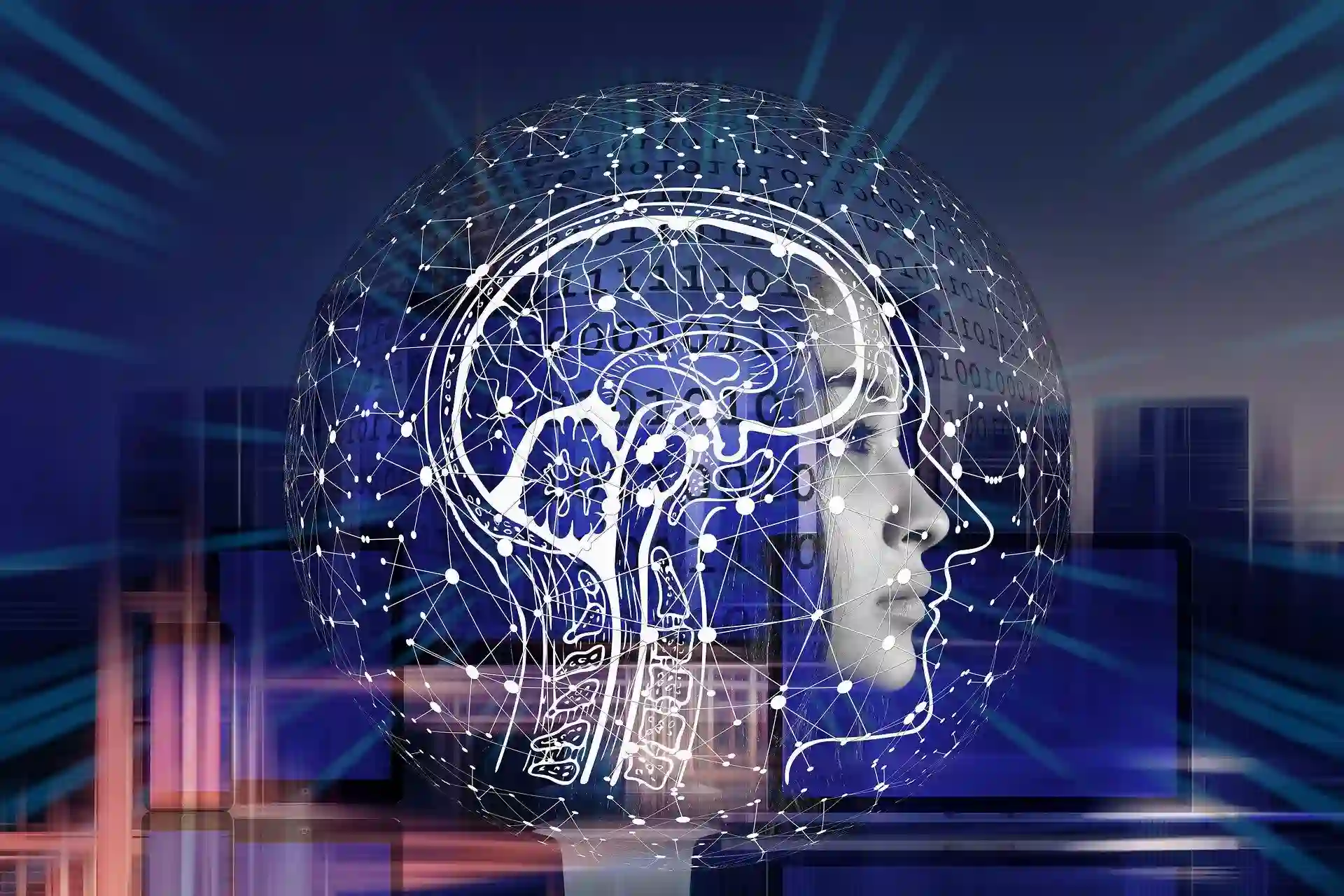Navigating workplace communication with Gen Z colleagues can feel like decoding a foreign language when conversations include phrases like “that’s giving main character energy” or “this meeting could have been an email, no cap.” Born between 1997 and 2012, Generation Z has developed a rich vocabulary influenced by social media, memes, and digital culture that often leaves older generations puzzled during office interactions. Understanding these linguistic trends isn’t just about keeping up with the kids—it’s about fostering better workplace communication, building stronger intergenerational relationships, and creating inclusive environments where everyone feels heard and understood. This generational language gap can actually bridge professional relationships when approached with curiosity rather than judgment.
Essential Workplace Gen Z Terms
“No cap” / “Cap”
“No cap” means “no lie” or “I’m being serious,” while “cap” indicates something is false or exaggerated. When a colleague says “This project deadline is impossible, no cap,” they’re emphasizing their genuine concern about timing.
“Slaps” / “Hits different”
Something that “slaps” or “hits different” is exceptionally good or impressive. Your Gen Z teammate might say “This presentation design absolutely slaps” to express genuine enthusiasm about quality work.
“Salty”
Feeling bitter, upset, or resentful about something. If someone mentions being “salty” about a decision, they’re expressing disappointment or frustration in a casual way.
“Periodt”
An emphatic way to end a statement, similar to “period” but with extra emphasis. It signals that the speaker considers the matter settled and non-negotiable.
Positive Expressions and Compliments
“That’s fire” / “Flames”
Indicates something is excellent, impressive, or exciting. When your presentation gets called “fire,” you’ve received a strong compliment about its quality and impact.
“Living for this” / “I’m here for it”
Expressing enthusiasm or strong approval. A colleague might say “I’m living for this new project management system” to show genuine appreciation for improvements.
“Main character energy”
Confident, self-assured behavior where someone takes charge of their situation. This is generally meant as a compliment about leadership or assertiveness.
“Understood the assignment”
Successfully completing a task with excellence, often exceeding expectations. This phrase acknowledges when someone has truly grasped what was needed and delivered accordingly.
Expressions of Disagreement or Concern
“That’s not it” / “This ain’t it”
Polite way of expressing that something isn’t working or isn’t the right approach. It’s gentler than direct criticism but still indicates clear disagreement.
“I’m deceased” / “I’m done”
Expressing being overwhelmed, extremely amused, or shocked. Context determines whether this indicates humor, frustration, or surprise.
“Touch grass”
Suggesting someone needs to step away from screens and experience the real world. Often used when someone seems too caught up in digital concerns—like being overly immersed in drama, gaming, or even staying up late glued to a live casino stream when they should probably be winding down for work.
Building Bridges Through Language
Ask for Clarification
When you encounter unfamiliar terms, simply ask for explanation. Most Gen Z colleagues appreciate when older coworkers show genuine interest in understanding their communication style.
Use Context Clues
Pay attention to tone, facial expressions, and situational context to understand meaning even when specific words are unclear.
Don’t Force It
Attempting to use Gen Z slang incorrectly often comes across as inauthentic. It’s better to understand their language than to awkwardly adopt it.
Wrapping Up
Gen Z workplace slang reflects a generation that values authenticity, efficiency, and creative expression in their communication. Rather than dismissing these linguistic trends as unprofessional, embracing them as part of natural language evolution can improve workplace relationships and communication effectiveness. Understanding doesn’t require adoption—simply recognizing that these expressions carry genuine meaning and emotion helps create more inclusive, multigenerational work environments where everyone’s communication style is respected and understood.





